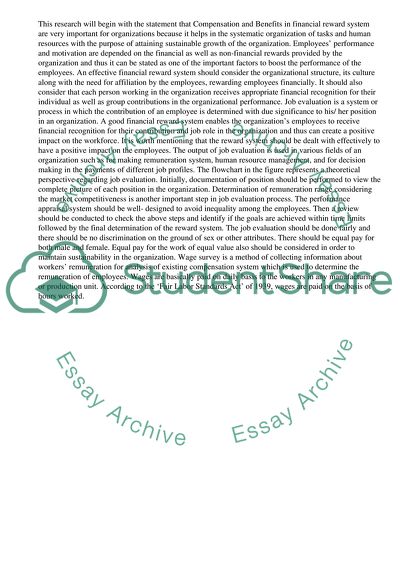Cite this document
(“Compensation and Benefits - Financial Reward System Term Paper”, n.d.)
Retrieved from https://studentshare.org/business/1443030-compensation-and-benefits-financial-reward-system
Retrieved from https://studentshare.org/business/1443030-compensation-and-benefits-financial-reward-system
(Compensation and Benefits - Financial Reward System Term Paper)
https://studentshare.org/business/1443030-compensation-and-benefits-financial-reward-system.
https://studentshare.org/business/1443030-compensation-and-benefits-financial-reward-system.
“Compensation and Benefits - Financial Reward System Term Paper”, n.d. https://studentshare.org/business/1443030-compensation-and-benefits-financial-reward-system.


